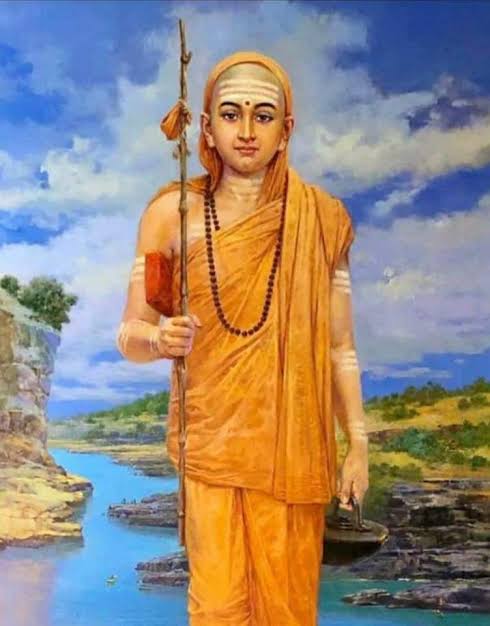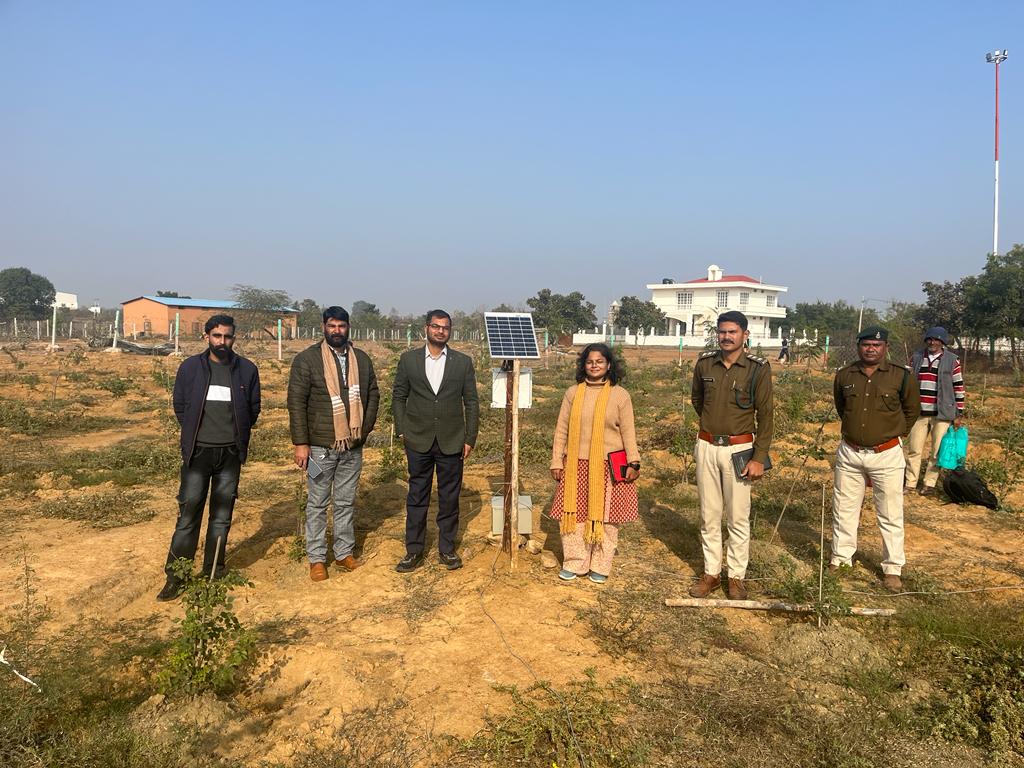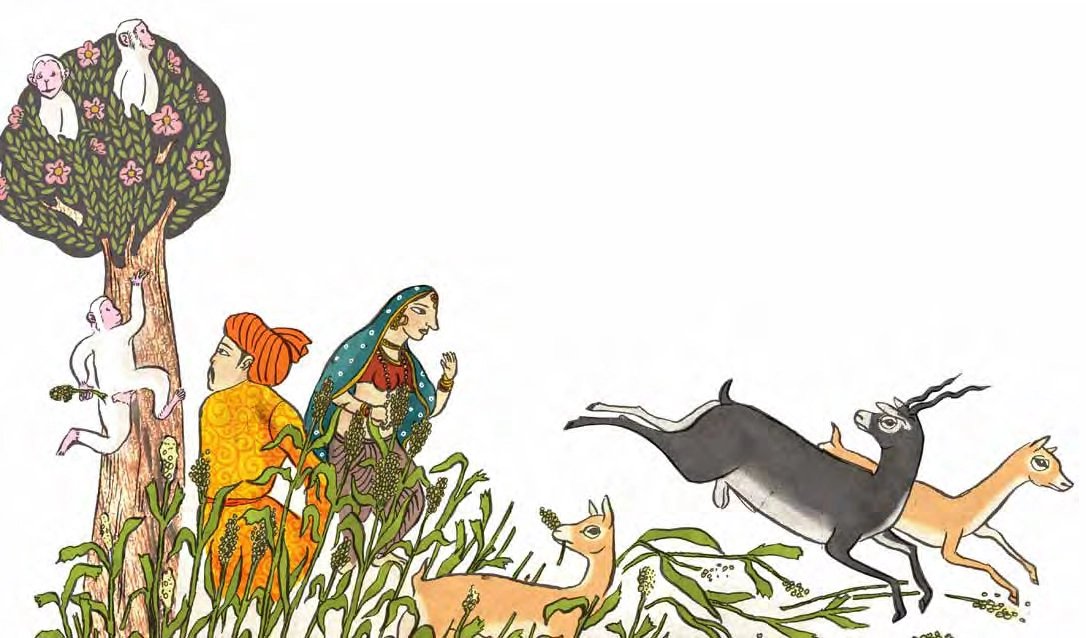Important facts from #KashmirFiles for #UPSC & also otherwise, which most of us didn't know.
#SpoilerAlert
(1/n)
Kashmir derives its name from Rishi Kashyap.
#SpoilerAlert
(1/n)
Kashmir derives its name from Rishi Kashyap.

(2/n)
Rigveda manuscript on birch bark in Sharada script (a writing system of the Brahmic family of scripts), was found in Kashmir.
Rigveda manuscript on birch bark in Sharada script (a writing system of the Brahmic family of scripts), was found in Kashmir.

(4/n)
Nagasen (नागसेन) was a Buddhist sage born in Kashmir ~150 BC. His answers to questions on Buddhism by Menander (Pali: Milinda), the Indo-Greek king of northwestern India, are recorded in Milinda Panha (मिलिंद प्रश्न).
Nagasen (नागसेन) was a Buddhist sage born in Kashmir ~150 BC. His answers to questions on Buddhism by Menander (Pali: Milinda), the Indo-Greek king of northwestern India, are recorded in Milinda Panha (मिलिंद प्रश्न).

(5/n)
Father of Indian medicine, महर्षि Charak, was from Kashmir. He wrote Charaka Samhita (in Sanskrit), a foundational text on Ayurveda.
Father of Indian medicine, महर्षि Charak, was from Kashmir. He wrote Charaka Samhita (in Sanskrit), a foundational text on Ayurveda.

(7/n)
Lalitaditya/Muktapida (reign 724-760 AD) was a powerful king of Karkota dynasty of Kashmir.
Rajatarangini ("River of Kings") is historical chronicle of kings of Kashmir (including Lalitaditya), written in Sanskrit verses by Kashmiri historian Kalhana in 12th century AD.
Lalitaditya/Muktapida (reign 724-760 AD) was a powerful king of Karkota dynasty of Kashmir.
Rajatarangini ("River of Kings") is historical chronicle of kings of Kashmir (including Lalitaditya), written in Sanskrit verses by Kashmiri historian Kalhana in 12th century AD.

(8/n)
Martand Sun Temple is a Hindu temple in Anantnag, dedicated to सूर्य देव (also known in Sanskrit as Martand/मार्तंड), built by Lalitaditya, in 8th century AD. It was destroyed on the order of Sikandar Shah Mir, of Shah Mir dynasty in early-15th century AD (~1400 AD)
Martand Sun Temple is a Hindu temple in Anantnag, dedicated to सूर्य देव (also known in Sanskrit as Martand/मार्तंड), built by Lalitaditya, in 8th century AD. It was destroyed on the order of Sikandar Shah Mir, of Shah Mir dynasty in early-15th century AD (~1400 AD)

(9/n)
Kashmir Shaivism (Trika philosophy): 2 most important Philosophers were ...
* Utpaladeva (10th century AD)
* Abhinavagupta (late 10th - early 11th century AD): student of Utpaladeva


Kashmir Shaivism (Trika philosophy): 2 most important Philosophers were ...
* Utpaladeva (10th century AD)
* Abhinavagupta (late 10th - early 11th century AD): student of Utpaladeva



Power transition in Kashmir, from Hindu to Islamic rule, in 14th century AD.
Hindu: Gonanda dynasty, Karkota dy. (625-855 AD), Utpala dy. (855-1003), Lohara dy. (1003-1320)
Islamic:
Sultanate: Shah Mir dy. (1339-1561), Chak dy. (1561-1586)
Mughals: 1586...
Years just for idea
Hindu: Gonanda dynasty, Karkota dy. (625-855 AD), Utpala dy. (855-1003), Lohara dy. (1003-1320)
Islamic:
Sultanate: Shah Mir dy. (1339-1561), Chak dy. (1561-1586)
Mughals: 1586...
Years just for idea
(10/n)
Shamsuddin Araqi (1440-1515 AD): Sufi, from Iran, came to Kashmir Valley. Thousands of Kashmiri Pandits were killed or converted (forced conversion) by him.
Shamsuddin Araqi (1440-1515 AD): Sufi, from Iran, came to Kashmir Valley. Thousands of Kashmiri Pandits were killed or converted (forced conversion) by him.
Will post other important facts on Kashmir (including Queen Didda, Sultan Zain-ul-Abidin, etc), which didn't find mention in the movie, later.
• • •
Missing some Tweet in this thread? You can try to
force a refresh






















